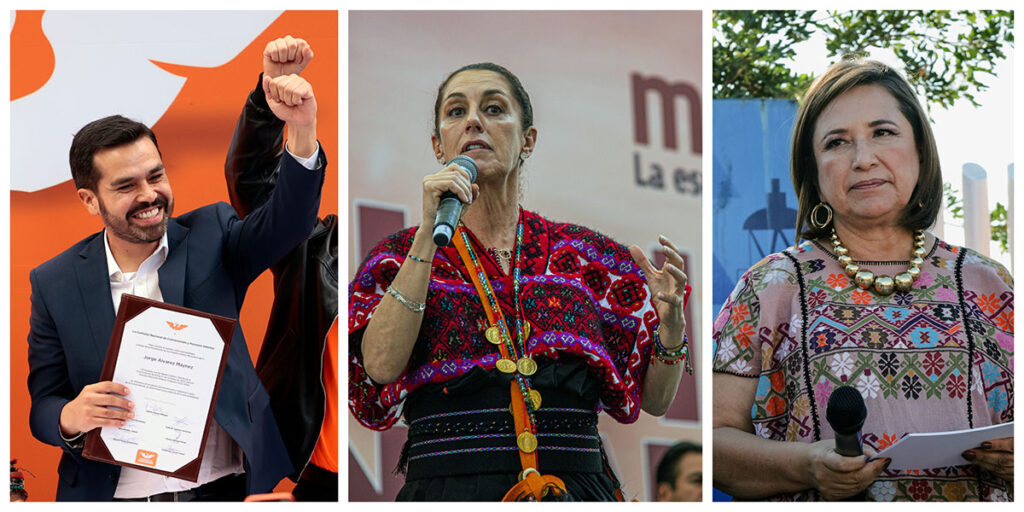
Jesús Sánchez Meleán
Haga click aquí para leer la versión en español
The recent figures on the participation of Mexicans abroad in the elections of their home country are a cause for concern. As of January 22, 2024, the National Electoral Institute (INE) has issued 1,471,556 voter credentials for voting abroad (CPVE). However, only 4.35 percent of voters with these credentials have requested to register to vote, which amounts to approximately 63,948 people.
This low number of people who have taken effective steps to vote raises the question: what could be the explanations behind this lack of interest or motivation to participate in the electoral process? Let’s explore some possible reasons. It is possible that a cultural factor, such as the tendency to procrastinate, is influencing this low participation.
In this scenario, some voters may be postponing their voter registration until after they have finished eating the tamales of Candlemas Day. According to this theory, Mexicans in the US may still be under the influence of the Guadalupe-Kings festivities. Another explanation could be the perception of some voters that the voter registration process is complicated. Some may not feel adept at using technological tools.
EDITORIAL| Jesús Sánchez Meleán explora las explicaciones para el bajo porcejate de registro de votantes para las elecciones presidenciales en México.(Video/El Comercio de Colorado)
Resistance to Voting for a Woman?
For these inexperienced and computer-shy individuals, the voter registration process is cumbersome. In this case, the lack of clarity in the informational campaigns of the INE and the Mexican consulates in the US could contribute to confusion. Or, the budget cuts to the INE by President López Obrador may be affecting and making it difficult for the INE to communicate with voters.
The cuts may have had a negative impact on the INE’s ability to conduct effective informational campaigns, resulting in lower participation. Let’s consider another hypothesis. It is possible that this election lacks the appeal that the 2018 one had, where a charismatic candidate captured attention. In this scenario, for Mexican voters in the US, none of the candidates arouses passions.
Other voters feel that their vote in 2024 is less critical. The Morena candidate seems to have a significant advantage, which could lead some voters to consider their vote less crucial. I believe that we should not dismiss the possibility that some voters may be grappling with or facing cultural or gender barriers when considering the act of voting. To the point, could it be that there are voters who do not want to vote for a woman?
After February 20, when the registration period closes, we will have clearer figures. I hope that the last hypothesis is not correct and that apathy and the culture of last-minute explain this apparent lack of interest. I will continue to explore this topic in future analyses.
You may also like:
Mexicans Lagging in Voter Registration from the US






otras noticias
Run, Breathe, and Be Amazed at LUNA
Colorado Legislature Approves Law to Boost Food Truck Industry
Polis has 30 days to sign, veto, or let SB25-276 take effect